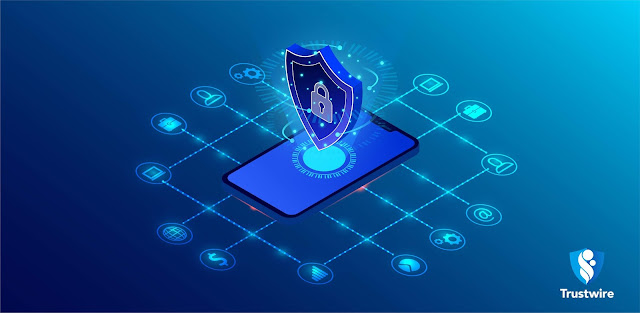Remember the time when the only tools a journalist needed were a pencil and a notepad?
Capturing a story is challenging. Newshounds have to take into consideration multiple moving pieces before they can publish an article. Luckily, it’s not 1940 anymore, and today’s journalists have a slew of apps, tools, and sites that make the job easier.
Whether you need a tool to help with brainstorming, security, organization, research, or visuals, here are five journalism tools you won’t want to be without.
1. Pocket
The Pocket App makes saving articles, videos, and content from other publications, web pages, and apps simple. Think of it as your personal reading list. If you don’t have time to read an article as soon as you come across it or watch a video clip, save it for later. Pocket is available on iOS and Android devices, plus the base app is free!
2. Trustwire
Part of being a journalist is sharing and receiving sensitive information online. Cyber threats are at an all-time high. Share documents securely with Trustwire. Trustwire allows a reporter or source to send and collect information safely, even in high-risk environments. All files shared via Trustwire are encrypted, meaning only the file owner and the rightful recipient will be able to see it.
3. Representation Matters
As a journalist, visuals are likely a huge part of your day job. You may be familiar with other stock image libraries like Pixabay, Shutterstock, or Pexels. While those are all great tools to source images, Representation Matters is an all-inclusive stock image library. They focus on diverse and inclusive photos with themes, including body positivity, disabilities, LGBT, and more.
4. Echosec
Echosec is a free online app that allows users to generate location-based social media data from the most popular social networks. If you work at a local level, this tool can help fill your pages or create website copy as you get info from events as they unfold in real-time. For example, Echosec allows users to concentrate on an area on a map where it will then provide you with a list of Tweets (or other social media posts) that have been made from that area. The free version offers Twitter data, but if you invest in the premium version, you get results from other platforms like Instagram and YouTube.
5. Hemingway
Part of being a great journalist is captivating an audience with words. The Hemingway App makes your writing bold and clear. This tool highlights common errors, complex sentences, and lengthy or hard-to-understand sentences in your typing. The text is color-coded to make things as simple as possible. If a sentence is highlighted in yellow, it’s too long, and if it has a red highlight, it’s too hard to read. Journalists can appeal to a broader audience with high-quality, user-friendly text. This online app is free, but a paid premium version is also available.
























